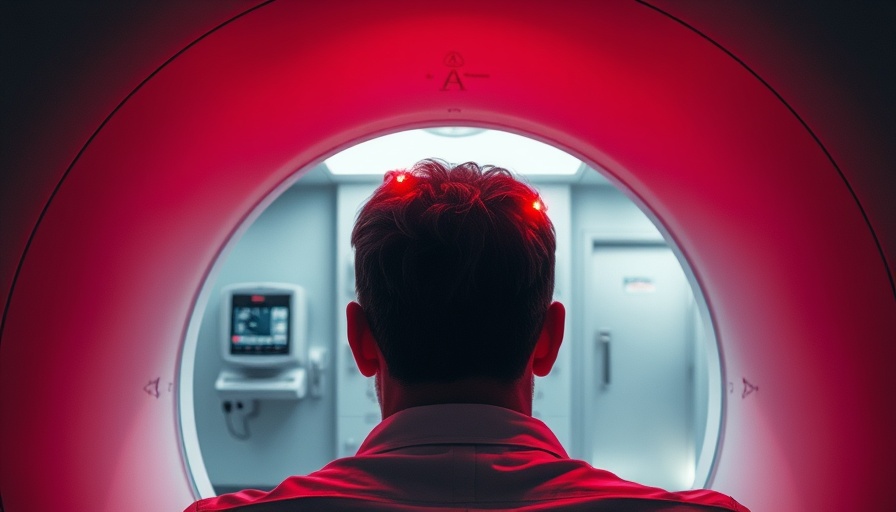
CT Scans: A Common Procedure with Hidden Risks
Computed Tomography (CT) scans have become an essential part of modern medicine, providing detailed imaging that significantly aids in diagnosing a variety of medical conditions. However, recent research has raised alarms about the potential risks these scans pose, specifically their correlation with increased cancer cases. According to a startling study, CT scans could be responsible for driving upwards of 103,000 cancer cases in the United States alone, prompting health professionals and patients to reconsider their use.
Understanding the Study's Findings
The study highlights the dose of radiation patients receive during CT scans as a primary concern. While the benefits of accurate diagnosis can be lifesaving, the long-term exposure to radiation could contribute to carcinogenic effects, particularly in younger patients and those needing multiple scans over time. Experts suggest a more judicious approach to implementing CT imaging, balancing the immediate need for diagnostic accuracy against potential future health risks.
Shifting Focus: Alternative Imaging Techniques
In light of these findings, there is growing discussion in the medical community about alternative imaging methods that carry less risk. For instance, ultrasound and MRI scans do not utilize ionizing radiation and may be effective alternatives for certain conditions. Patients are encouraged to engage in meaningful conversations with their medical providers about the necessity of CT scans and explore safer options when applicable.
Implications for Business Professionals
For business professionals, awareness of these medical trends is crucial, particularly for those operating within the health and insurance sectors. The potential surge in cancer cases linked to CT scans may lead to an increase in healthcare costs and reshape policies surrounding imaging procedures. This shift underscores the importance of informed decision-making when it comes to healthcare choices and insurance coverage in navigating the complexities of medical expenses.
Conclusion: The Need for Awareness and Dialogue
Overall, the study regarding CT scans emphasizes a vital message: as patients and healthcare consumers, we must advocate for our health and be informed about the risks associated with medical procedures. Engaging in dialogue with healthcare providers about the necessity and alternatives to CT scans can foster better health outcomes. As recent data shows, awareness alone can empower us to make safer, more informed choices for our long-term well-being. This is especially relevant in our fast-paced business environments where health decisions should not be taken lightly.
 Add Row
Add Row  Add
Add 



Write A Comment